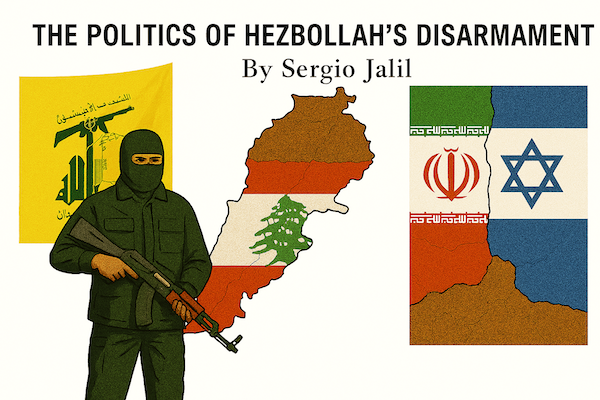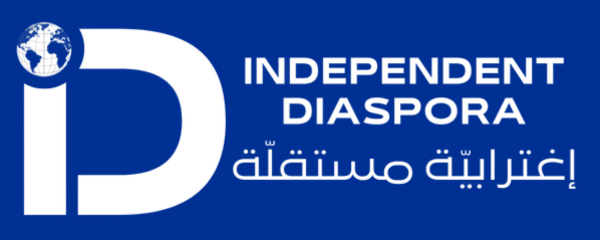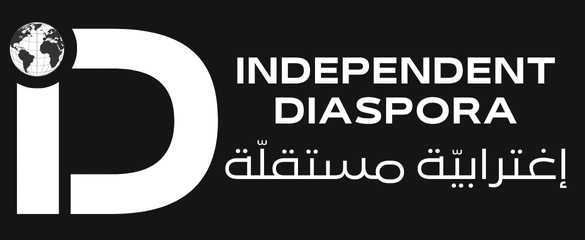
By: Sergio Jalil
November 12, 2024
Hezbollah’s disarmament remains one of the most complex and divisive issues shaping Lebanon’s political landscape and the broader Middle East. It is far more than a question of internal sovereignty—it stands as a proxy battlefield reflecting regional rivalries, particularly between Iran’s leadership and Israel’s right-wing establishment.
International Support for Disarmament
A wide coalition of international actors—including the United States, France, Germany, Saudi Arabia, and the United Arab Emirates—strongly supports Hezbollah’s disarmament. Their shared premise is that consolidating all arms under the control of the Lebanese state is essential to restoring Lebanon’s sovereignty, stability, and economic recovery.
The United States links disarmament to the release of significant financial aid and to strengthening Lebanese state institutions. France and Germany emphasize the enforcement of UN Resolution 1701, which calls for ending the autonomy of all militias and ensuring that only state forces possess weapons. Gulf states have similarly tied financial assistance to progress on disarmament, arguing that Lebanon’s reconstruction depends on reducing violence and reaffirming the state’s monopoly on legitimate force.
These countries back the Lebanese Armed Forces’ phased plan to dismantle Hezbollah’s arsenal, a process intended to reduce Iranian influence, prevent future conflict with Israel, and reinforce Lebanon’s sovereign institutions. Many also see it as a prerequisite for a lasting ceasefire along the southern border and for enhancing Israeli security.
Lebanon’s Internal Divide
Inside Lebanon, the issue of disarmament splits the nation across political and sectarian lines. Reformist movements, independents, and many Christian, Druze, and Sunni parties view disarmament as fundamental to restoring state authority and genuine sovereignty.
Conversely, Hezbollah and its ally, the Amal Movement—who appropriated the Shia political sphere—vehemently oppose it. They argue that Hezbollah’s weapons are vital for defending Lebanon against Israeli aggression and that disarmament cannot occur as long as Israel occupies disputed southern territories. This stance, often reinforced with warnings of civil war, underscores the fragility of Lebanon’s internal balance. Iran’s continued financial, ideological, and military support strengthens Hezbollah’s defiance and makes compromise even harder.
Why Iran Resists Disarmament
For Tehran, Hezbollah is not merely a Lebanese actor—it is a strategic extension of Iran’s regional influence and a deterrent against Israeli or Western military intervention. Disarming Hezbollah would undermine Iran’s “Axis of Resistance,” weaken its leverage in regional negotiations, and reduce its influence within Lebanon.
By granting Hezbollah operational autonomy while maintaining plausible deniability over direct interference, Iran ensures that the group remains both a domestic power player in Lebanon and a regional deterrent force projecting Iranian influence.
Israel’s Right-Wing Paradox
Israel’s right-wing leadership, though officially committed to Hezbollah’s disarmament, paradoxically benefits from its continued militarization. The persistent threat of Hezbollah justifies Israel’s expansive defence budgets and entrenched security doctrines, reinforcing hardline political narratives.
This dynamic also limits the space for peace negotiations—framing any territorial concession as an invitation to Iranian encroachment. Thus, Hezbollah’s existence sustains a perpetual security rationale that serves both Israeli hawks and Hezbollah’s ideological narrative of “resistance.”
The Paradox of Mutual Benefit
Hezbollah’s disarmament is locked in a paradox where opposing extremes benefit from the same status quo. International actors push for disarmament to stabilize Lebanon, but Iran and Israel’s right-wing factions both gain strategically from continued militarization.
For Tehran, it extends regional influence; for Israel’s hawks, it validates an aggressive defence posture. Both thrive on perpetual tension rather than peace. In this vicious cycle, Lebanon’s sovereignty remains hostage to external agendas and internal paralysis.
Lebanon’s Leadership and the Challenge of Implementation
President Joseph Aoun faces mounting domestic and international criticism over the slow progress on Hezbollah’s disarmament. His administration insists that the state must hold a monopoly over arms, yet his gradual, cautious approach has frustrated both local reformists and foreign partners.
Aoun maintains that most areas south of the Litani River are now free of Hezbollah weapons and that the army is implementing disarmament incrementally to avoid provoking internal conflict. Still, critics argue that this measured strategy risks missing a rare geopolitical opportunity for Lebanon to realign within what some analysts call “the new Middle East paradigm.”
Israeli officials have accused Aoun of hesitancy, while the president counters that disarmament must proceed peacefully—and that it depends equally on Israel respecting the ceasefire, halting violations of Lebanese sovereignty, and fully withdrawing from occupied territories.
The United States and other international partners acknowledge the enormous challenge of forcibly disarming a deeply entrenched militia. Aoun’s caution reflects Lebanon’s delicate sectarian fabric and the constant fear that missteps could reignite civil war.
A Path Forward
Hezbollah’s disarmament lies at the heart of Lebanon’s sovereignty and the future stability of the Middle East. Yet it remains entangled in a web of competing interests, ideological battles, and mutual dependencies.
Lasting progress will require patient diplomacy, credible domestic political will, and sustained international coordination—all calibrated to avoid inflaming Lebanon’s volatile internal balance.
Until the regional calculus shifts or a comprehensive diplomatic framework reconciles these conflicting interests, Hezbollah’s armed status will continue to define both Lebanon’s fragile equilibrium and the broader geopolitics of the Middle East.


